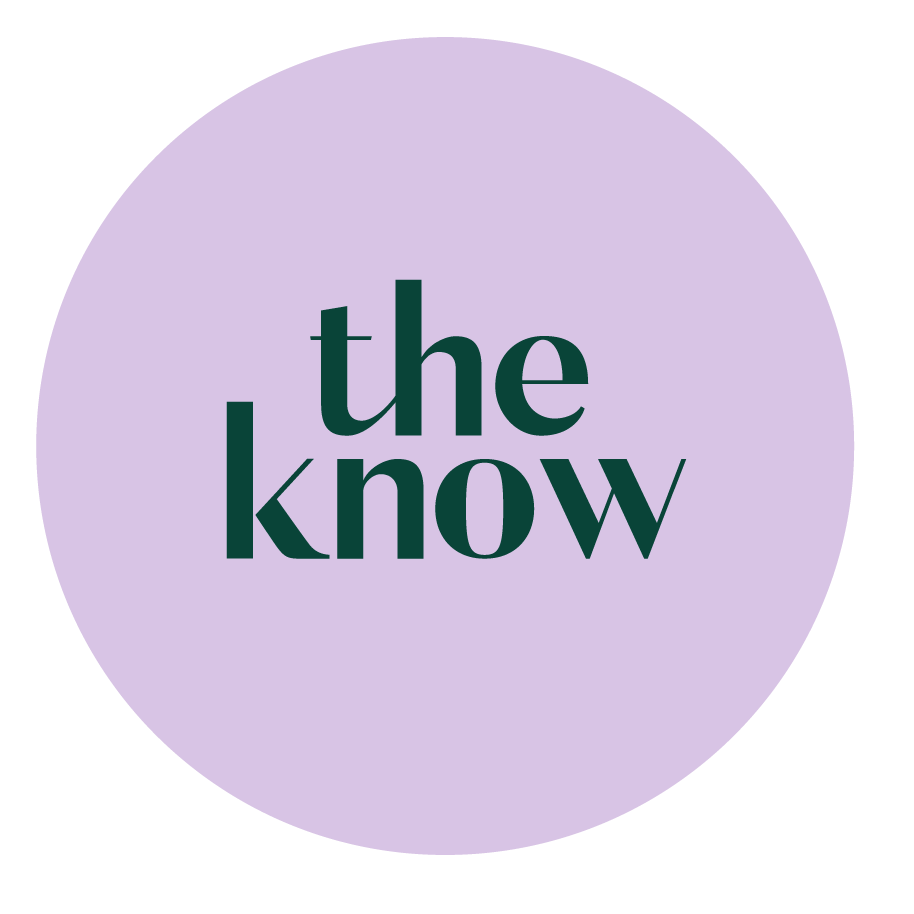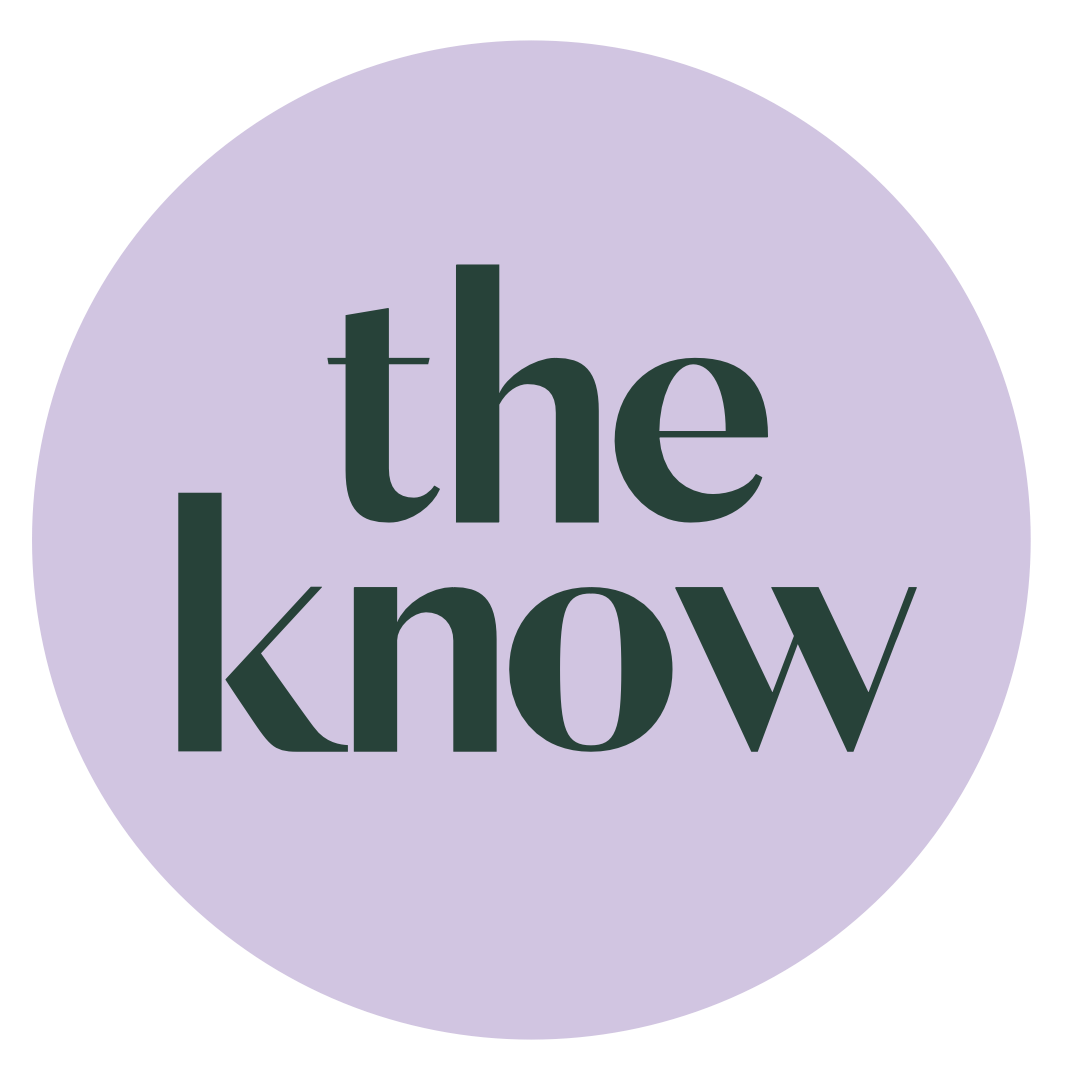How to tell your own story
This piece is part of a series by Calypso, The Know’s resident careers expert, which is all about helping you level up in your career.
Calypso Barnum-Bobb is a self-discovery coach who helps people express their most authentic selves so they can create lives they’re truly obsessed with.
The working world is virtually unrecognisable from how it looked just 30 or 40 years ago. Back in the day, most people would stick to the same job or industry for their entire career. Things are very different now - a 2016 Gallup survey found that 21% of millennials had changed roles within the past year, giving them the nickname of “the job-hopping generation”.
Even though the advent of new types of jobs and the rise of slash culture (for example, being a marketing manager slash podcaster) is exciting, having a lack of uniformity in your career can sometimes feel a bit daunting.
In my work as a self-discovery coach, I hear all too often that not having a clear, concise answer to the question of “tell me your story” in a job interview can create feelings of insecurity. If you can’t wrap the tale of your career up in a neat, shiny package, doubt can creep in over the choices you’ve made in the past and the successes you’ve had in your career to date.
That’s why I’ve put together my top three tips for telling your story in a job interview in a way that feels authentic and positive.
1. Remember that no experience is invalid
When I reflect back on my career, probably the most relevant job I’ve had for my current self-discovery coaching work was back when I waited tables aged 16. Even though that role felt seemingly insignificant in comparison to the rest of my career (including seven years working in fashion), I gained so many skills which I use on a daily basis today.
If you, like me, have had a variety of different jobs, know that you’re probably a very well-rounded human being who can bring your own unique skillset to whatever you choose to do next.
2. Trickle in personal details
When asked the classic “tell me your story” question in an interview, do share your previous job titles and roles but also trickle in something personal to help you stand out.
For example, I like to add details like “I am a big sister, the eldest of four and north London born and raised”. Or, if I have time, I like to research who’s interviewing me and see whether we have common ground. If it feels natural, I’ll try to mention something we can both relate to. This not only helps diffuse the pressure of an interview but also makes you stand out.
When you’re detailing your career, having a clear step-by-step plan in your head - which shows your passion and enthusiasm, leaning into the things you’ve loved and the values you’ve brought to each role - can really help. Ahead of an interview, think about the different jobs you’ve had and one or two things you’ve done in each one which could impress your interviewers.
3. Don’t try and be someone you’re not
Remember that you’ve been asked for an interview because of you - so don’t try and be someone you’re not.
It’s great that hiring managers are increasingly seeking candidates who can bring unique perspectives and diverse personalities to their teams. Being your authentic self during the interview process will set you apart and ensure you can genuinely be yourself once you begin the new role!
Remember that whether you’ve had a linear or jumbled-up career, your journey up until now is your superpower. You may be an expert in a specific area or have tried lots of different things, which means you can bring variety and perspective to a new role. Neither is better and there’s strength in both - all you need to do now is recognise how you can best communicate that strength.




